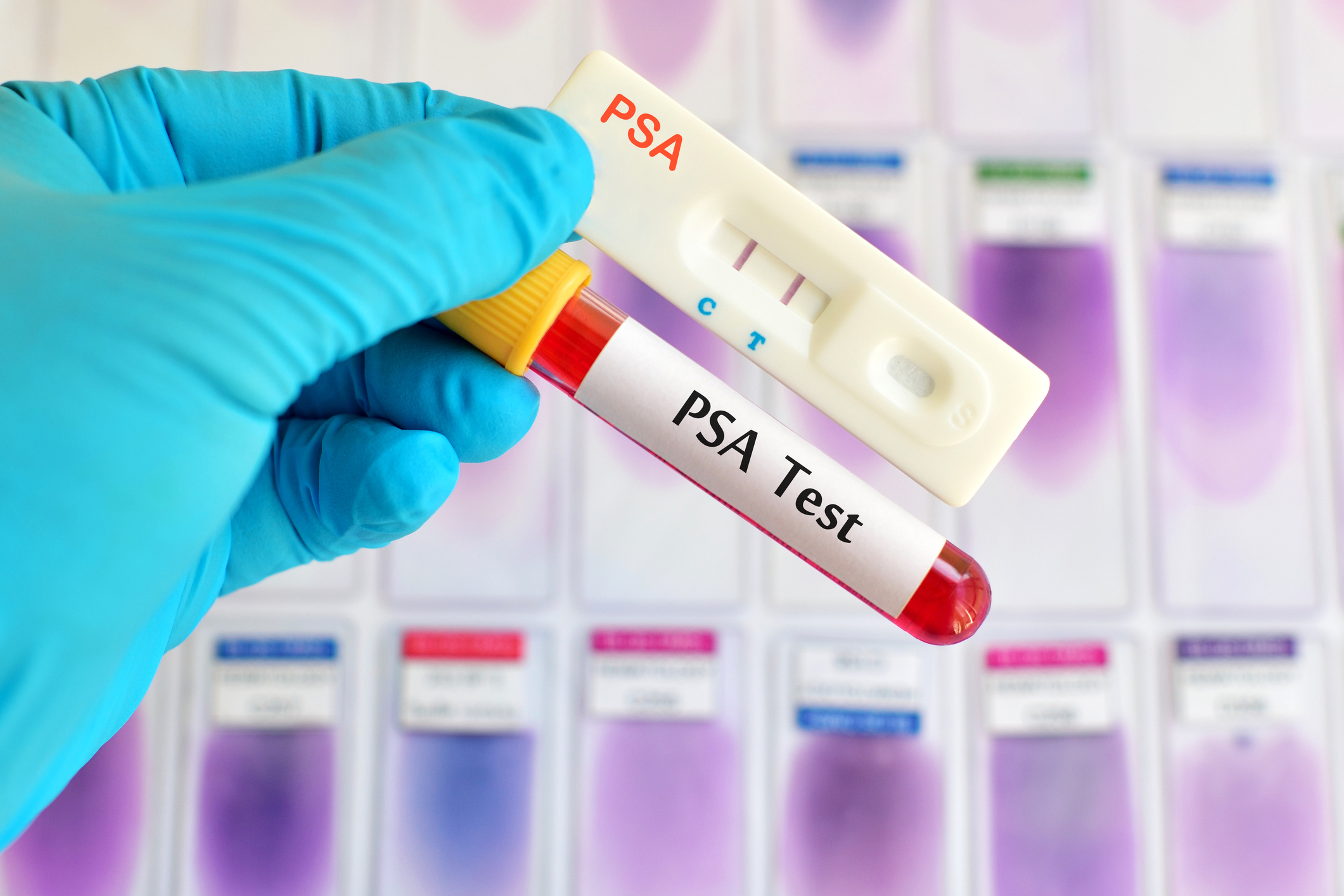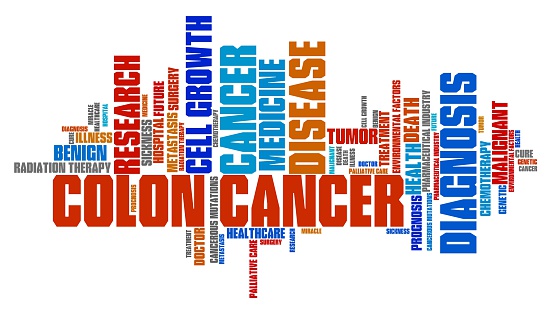Heart failure after first heart attack may raise cancer risk: Study
Heart failure after the first heart attack may raise the risk of cancer. Heart failure is a condition in which the heart becomes weakened as a result of damage and its functionality becomes limited. If the heart is unable to pump enough blood to other areas of the body, the risk of death, as well ...click here to read more














